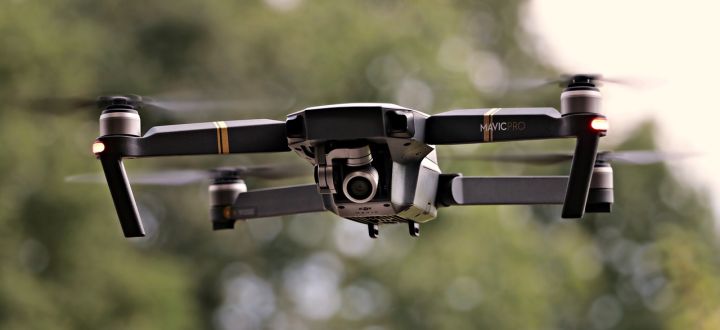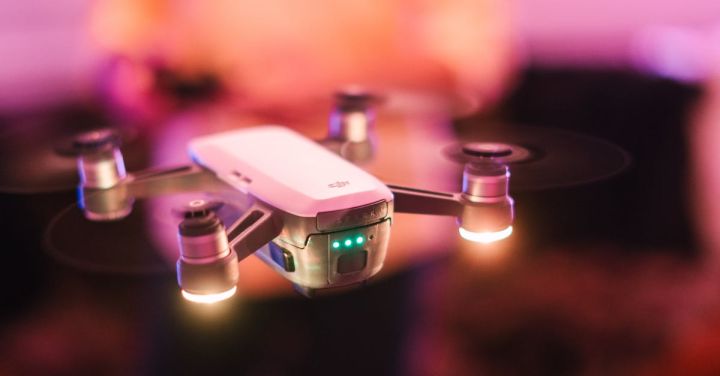Can You Fly Rc Airplanes in Any Weather?
As a passionate RC airplane enthusiast, you may find yourself wondering if you can take to the skies no matter the weather conditions. After all, the thrill of flying a remote-controlled aircraft is unparalleled. But is it safe to fly RC airplanes in any weather? Let’s dive into the topic and find out.
Clear Skies: Ideal Flying Conditions
When it comes to flying RC airplanes, clear skies are the ideal conditions. With no wind, rain, or storms to contend with, you can enjoy uninterrupted flights and better control. Clear skies provide maximum visibility, allowing you to see your aircraft more clearly and make precise maneuvers.
Windy Days: A Challenge to Overcome
While flying in windy conditions can be a challenge, it is still possible to pilot your RC airplane. However, it is essential to keep a few things in mind. Firstly, strong winds can affect the stability and control of your aircraft. It’s crucial to choose an appropriate flying area with enough space to maneuver and avoid obstacles. Additionally, you may need to adjust your flight path and be prepared for sudden gusts of wind that can throw your aircraft off course.
Rainy Days: A Risky Endeavor
Flying RC airplanes in the rain is generally not recommended. Water can damage your aircraft’s electrical components, such as the receiver and battery. Moreover, rain can affect the aerodynamics of your airplane, making it more difficult to control. If you must fly in light rain, be sure to take precautions such as waterproofing your electronics and flying at a safe altitude to avoid water splashing onto your aircraft.
Snowy Conditions: A Winter Wonderland
Flying RC airplanes in snowy conditions can be an exciting and unique experience. However, it comes with its challenges. Snow can make the ground slippery, making it difficult to take off and land safely. Additionally, snowfall can reduce visibility, making it harder to keep track of your aircraft. It is crucial to choose a suitable flying area with enough room and a clear line of sight. Remember to keep your aircraft dry and clear any snow from the control surfaces before taking off.
Hot Summer Days: Beware of Thermals
While summer may provide excellent flying conditions, it can also present challenges in the form of thermals. Thermals are pockets of warm air that rise from the ground, and they can affect the stability and flight path of your RC airplane. When flying on hot summer days, it’s essential to be aware of these thermals and adjust your flying technique accordingly. Keep a close eye on your aircraft’s behavior and be prepared for sudden changes in altitude.
Conclusion: Flying Responsibly in Various Weather Conditions
In conclusion, while it is possible to fly RC airplanes in different weather conditions, it is essential to exercise caution and prioritize safety. Clear skies provide the optimal conditions for flying, while windy days, rainy weather, and snowy conditions present their own challenges. It is crucial to choose appropriate flying areas, adjust your flight technique, and take necessary precautions to protect your aircraft and ensure a safe flying experience. Always stay informed about local weather conditions and be prepared for any surprises that may arise. Happy flying!







